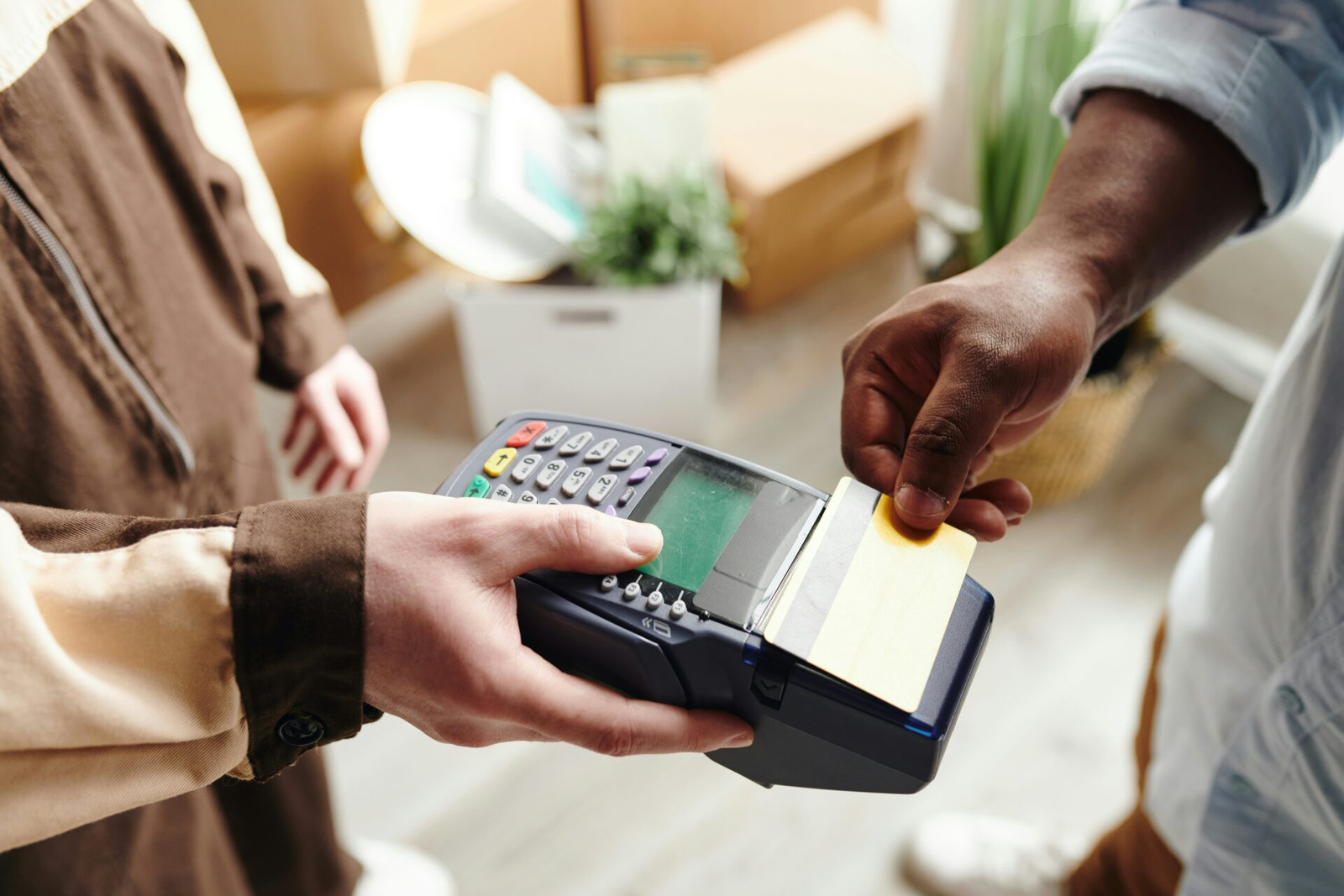SNAP Payment is a program administered by the United States Department of Agriculture (USDA) and is designed to help low-income households access nutritious food. SNAP benefits are distributed through an Electronic Benefits Transfer (EBT) card, which works like a debit card.
While SNAP benefits can be used to purchase a wide variety of food items, there are certain restrictions on what can be bought with the EBT card. In this article, we will explore what cannot be bought with food stamps and what items are purchasable with the EBT card.
SNAP Payment: what cannot be bought with food stamps
- Alcoholic Beverages: SNAP benefits cannot be used to purchase alcoholic beverages, including beer, wine, and liquor.
- Tobacco Products: Tobacco products, including cigarettes, cigars, and chewing tobacco, are not eligible for purchase with SNAP benefits.
- Hot Foods: SNAP benefits cannot be used to purchase hot foods, such as prepared meals or foods cooked in-store.
- Vitamins and Supplements: Vitamins and supplements are not eligible for purchase with SNAP benefits.
- Pet Foods: Pet foods, including dog food, cat food, and other animal feeds, cannot be bought with SNAP benefits.
- Soap and Household Supplies: SNAP benefits cannot be used to purchase soap, household supplies, and other non-food items.
- Live animals: The EBT card can’t be used to purchase live animals (except shellfish, fish removed from water, and animals slaughtered prior to pick-up from the store).
What Can be Bought with the EBT Card
- Fresh Fruits and Vegetables: SNAP benefits can be used to purchase fresh fruits and vegetables, including organic and locally grown produce.
- Meat, Poultry, and Fish: SNAP benefits can be used to purchase meat, poultry, and fish, including fresh, frozen, and canned options.
- Dairy Products: SNAP benefits can be used to purchase dairy products, including milk, cheese, yogurt, and eggs.
- Bread and Grains: SNAP benefits can be used to purchase bread, grains, and cereals, including rice, pasta, and oats.
- Canned and Packaged Goods: SNAP benefits can be used to purchase canned and packaged goods, including beans, soups, and vegetables.
- Infant Formula and Baby Food: SNAP benefits can be used to purchase infant formula and baby food.
- Seeds and Plants: SNAP benefits can be used to purchase seeds and plants to grow food at home.
- Baking Supplies: SNAP benefits can be used to purchase baking supplies, such as flour, sugar, and baking powder.
- Snack Foods: SNAP benefits can be used to purchase snack foods, such as nuts, dried fruits, and granola bars.
- Beverages: SNAP benefits can be used to purchase beverages, such as juice, milk, and soda.
It’s important to note that while these items are eligible for purchase with SNAP benefits, they must be purchased from authorized retailers. Additionally, some states may have additional restrictions or limitations on what can be purchased with SNAP benefits.
In summary, SNAP benefits are an essential resource for many individuals and families struggling to access nutritious food. While there are certain restrictions on what can be purchased with SNAP benefits, the program provides a wide range of eligible food items to support healthy eating habits. By understanding what can and cannot be bought with SNAP benefits, individuals can make the most of this valuable resource and improve their overall health and well-being.

